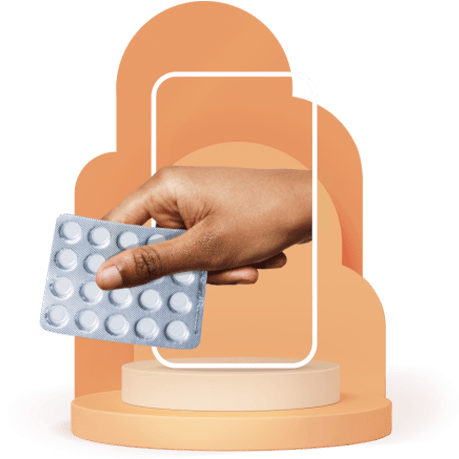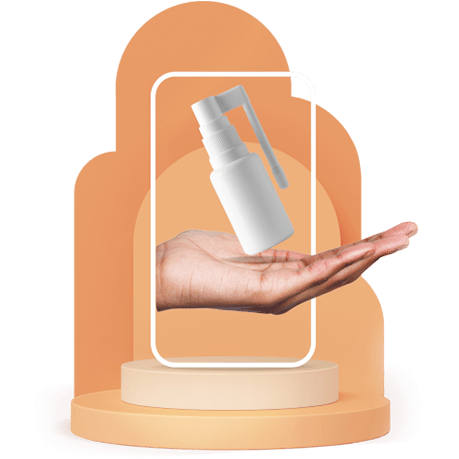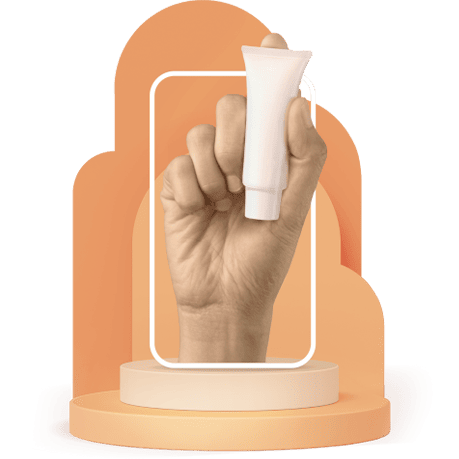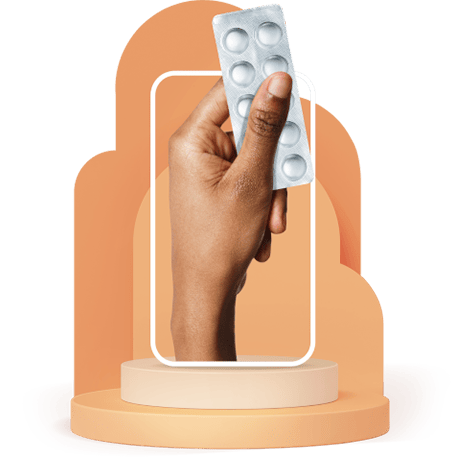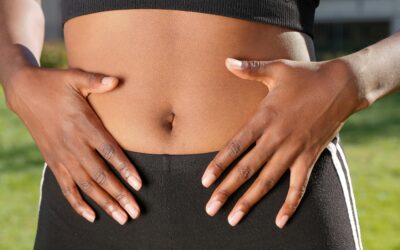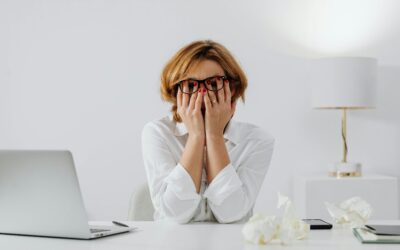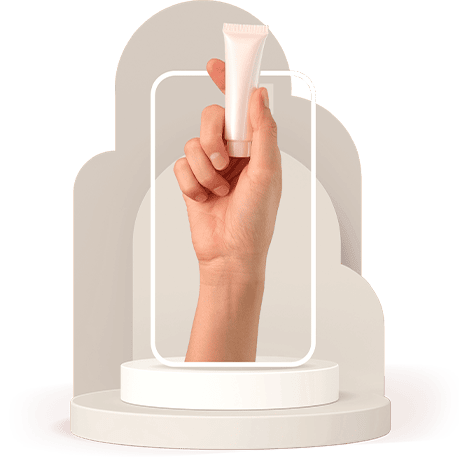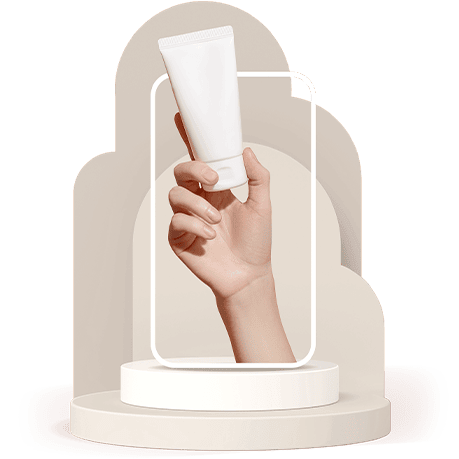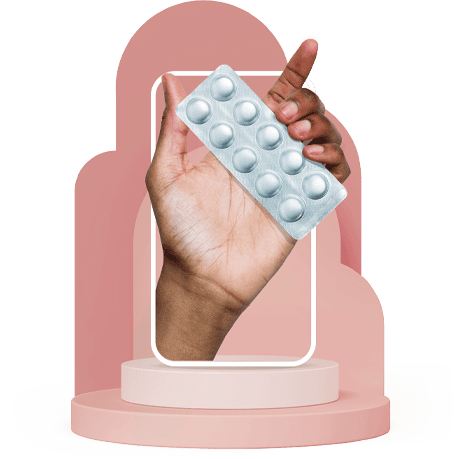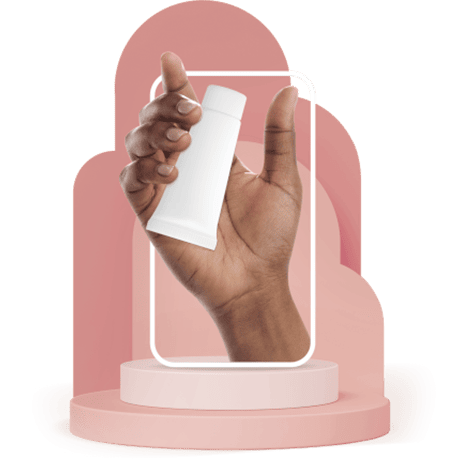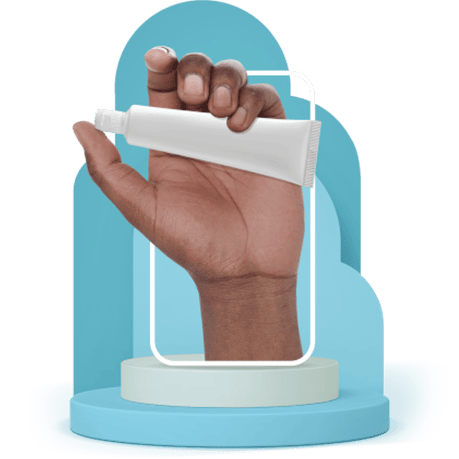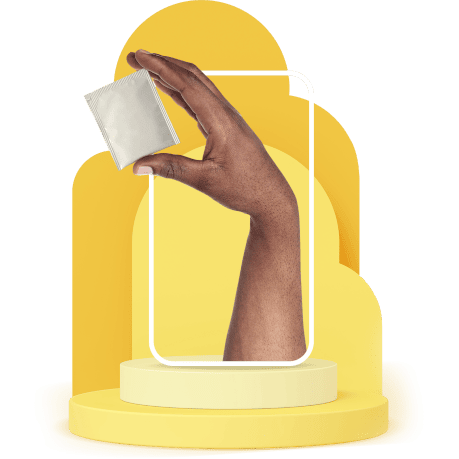When you hear the words bubble bath, usually the first things you probably think of include relaxing the body and mind, wine in hand and reading a book. However, the bad news is that they may not be as great for your vaginal health.
Thrush and bubble baths are definitely not two words anyone wants to hear in the same sentence, but it is something to consider before plunging into an hour-long soak. Unfortunately, it is true that bubble baths can sometimes cause thrush. Below we have broken down what thrush is, why bubble baths can cause it, other products to avoid and what you can do instead.
What is thrush?
Thrush is a yeast infection caused by a fungus called Candida. Candida is harmless and actually lives on our skin, and inside our body such as in our vaginas. It does not cause any symptoms because it is kept under control by normal bacteria. However, when the balance of that bacteria changes, especially in warm and moist environments, thrush tends to grow. This balance can be interrupted for a number of different reasons. Some of these include if your skin is damaged and irritated, you’re taking antibiotics, your immune system is compromised and if you are pregnant.
Why bubble baths?
Taking into consideration the above description of thrush, we can now better understand why a bubble bath may cause thrush. The reason has to do with the pH levels in your vagina and a disruption of the normal bacteria which keeps the Candida under control. In the most basic terms pH is a numerical measure of how basic or acidic a liquid or solution is. It is measured on a scale from 0-14, where a solution with a pH of less than 7 is more acidic and above is more basic.
We are more acidic with pH levels of approximately 4-4.5, whereas bubble baths are more basic with approximate pH levels of 8-9. Our pH is perfect for the protective organisms in our vaginas but when we have bubble baths, which usually contain some chemical agents, this can throw off the pH balance in our vaginas. This disruption of the pH balance can harm the protective bacteria and lead to the overgrowth of yeast, potentially causing thrush.
However, if you always take bubble baths and have been for ages with no issues then this may not be an issue to worry about but it is good to be aware.
Anything else I should avoid?
Just as bubble baths can throw off our natural pH, so can other products that we should avoid. These include harsh and fragrant soaps and bath bombs, and you should definitely not be using shampoos or hand wash for bubbles in your bubble baths.
It is sometimes recommended that using higher quality or more natural products from places such as Lush or the Bodyshop or even Epsom salts and essential oils for bubble baths is better. Although this is true, as they are generally safer and more agreeable to our pH levels, they can still cause the same issues and should be used with caution.
What to do instead?
We know you still want to be able to enjoy those relaxing bubble baths so below we have compiled some tips and recommendations to keep you safe.
- Use baby wash products for bubbles. This is a great alternative for your bubble baths 👼
- It is usually okay to have a bubble bath once a week for no longer than 10 minutes 🛁
- If you still want that lovely aroma you get with bubble baths, essential oils or Epsom salts, we recommend lighting a scented candle when bathing 🕯
- Once you have finished your bubble bath, it is a good idea to rinse off with plain water and shower off the product as a preventative measure 🚿


